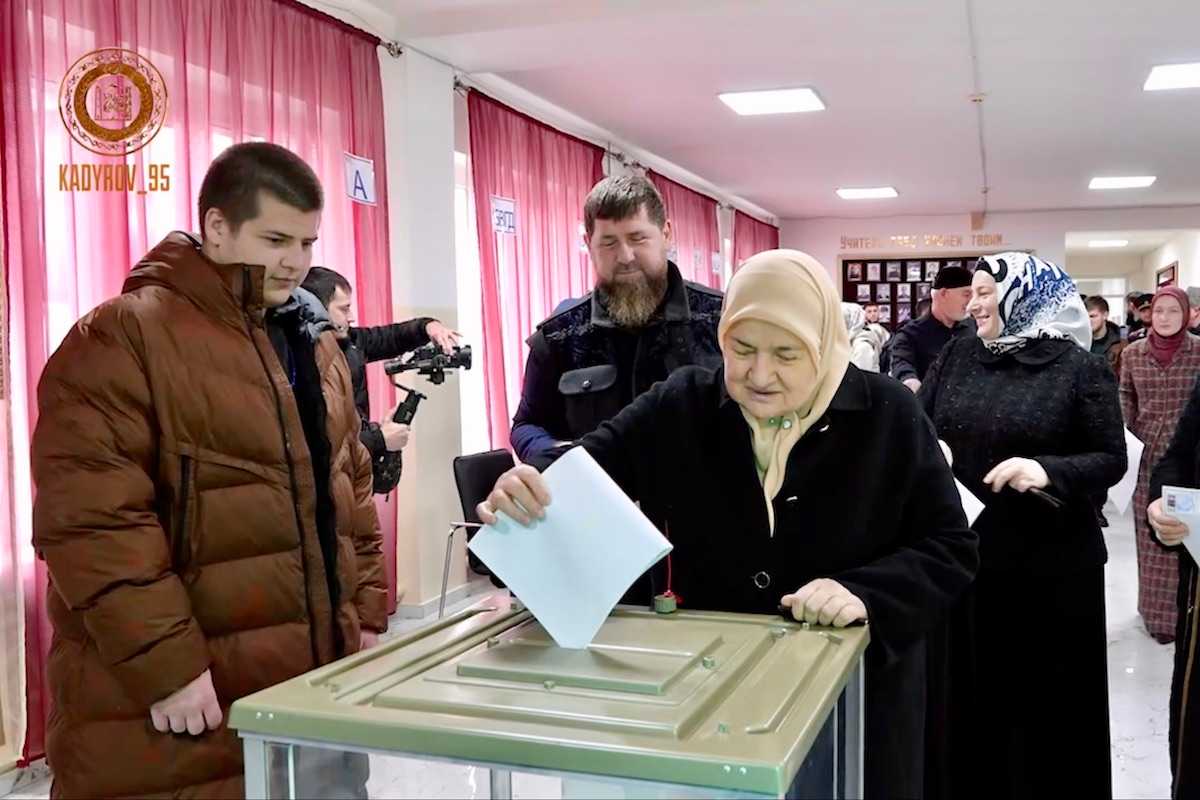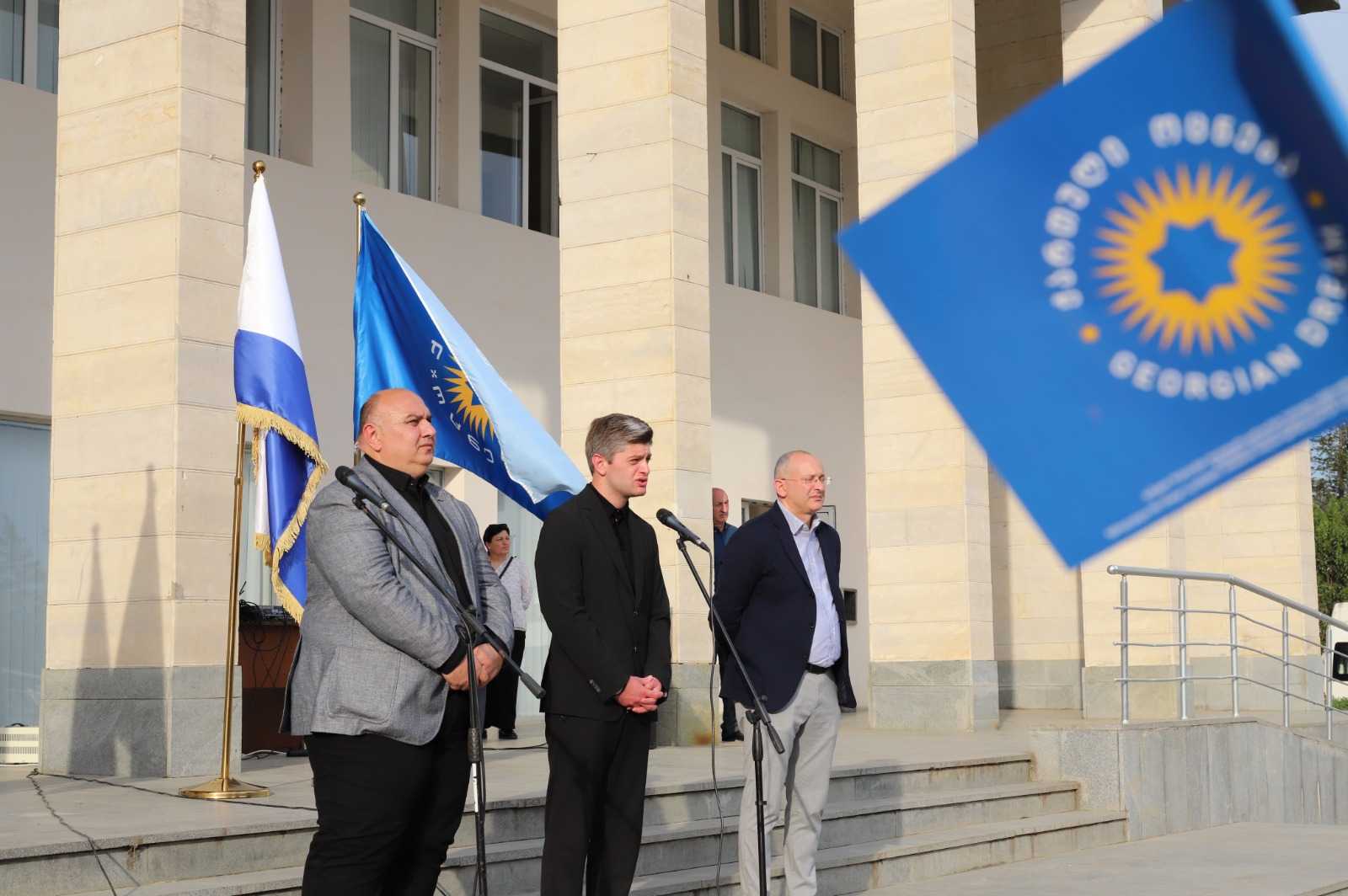
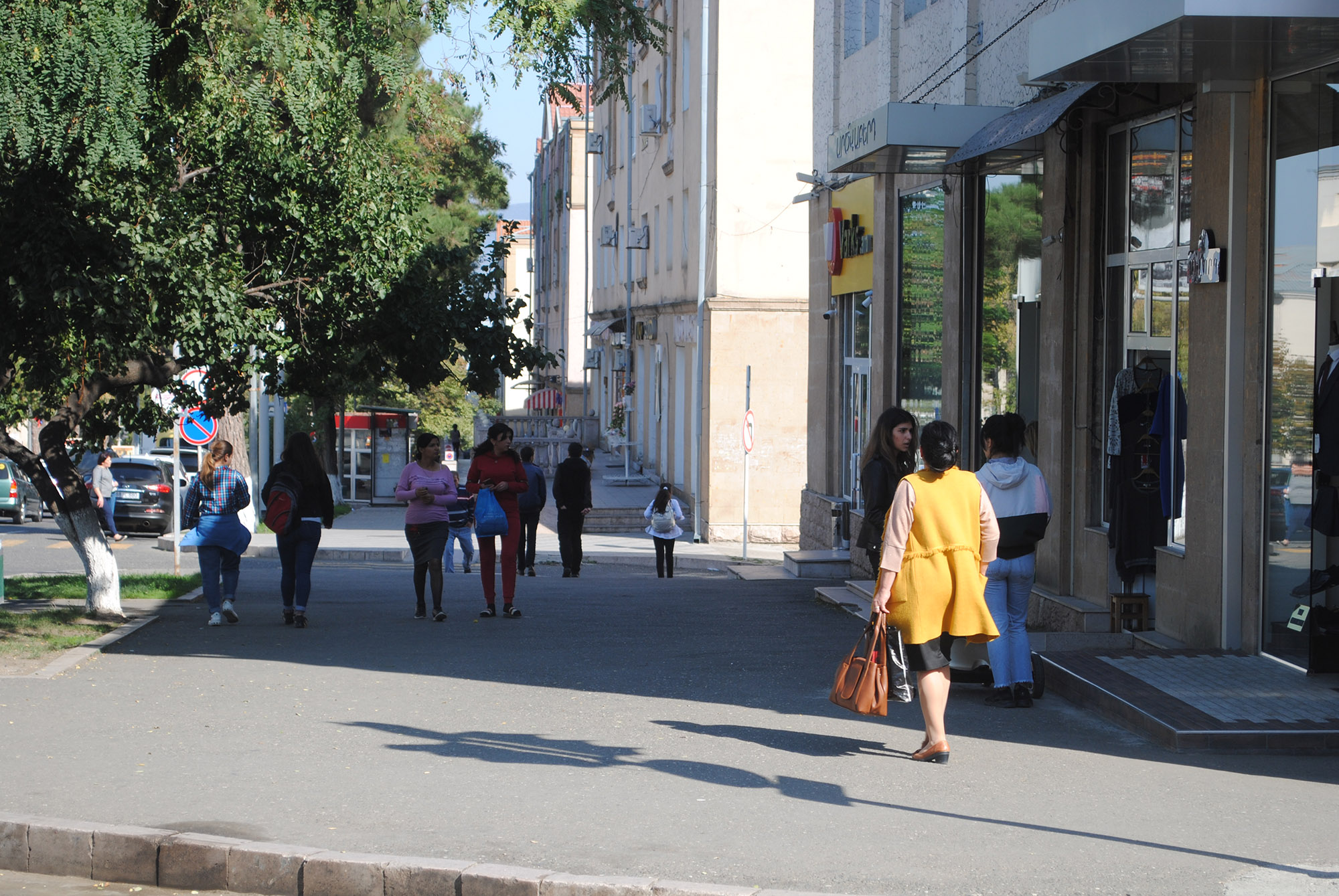
As of September, women have the lowest representation in Nagorno-Karabakh’s local administrations in decades; and the number of women competing in elections is hardly better.
The Council of Elders of Stepanakert, the capital of Nagorno-Karabakh, is for the first time in decades without a single woman member.
Municipal elections held on 8 September in 228 communities of Nagorno-Karabakh showed that women in Karabakh seldom put themselves forward for election and, in turn, make up only a tiny proportion of political leaders.
The number of women holding leadership positions in Nagorno-Karabakh has declined in recent years. In 2008, three of 12 government ministers were women, today there is only one.
In total, 44 candidates competed in the elections for Stepanakert’s municipal council, the Council of Elders, in September — only five were women.
According to the Central Election Commission, following this year’s elections, women make up 11% of the total members of Councils of Elders across Nagorno-Karabakh, and only 2% of newly-elected heads of communities, in both cases the numbers are slightly down from previous election results.
‘Serious positions for women are unattainable’
‘The main circle [of those who make decisions] in politics is made up of men. Women are only deputy ministers or vice-directors’, Sarine Hayriyan, who was a candidate for election to the Council of Elders of Stepanakert told OC Media.
‘Serious positions for women are unattainable’, she said.
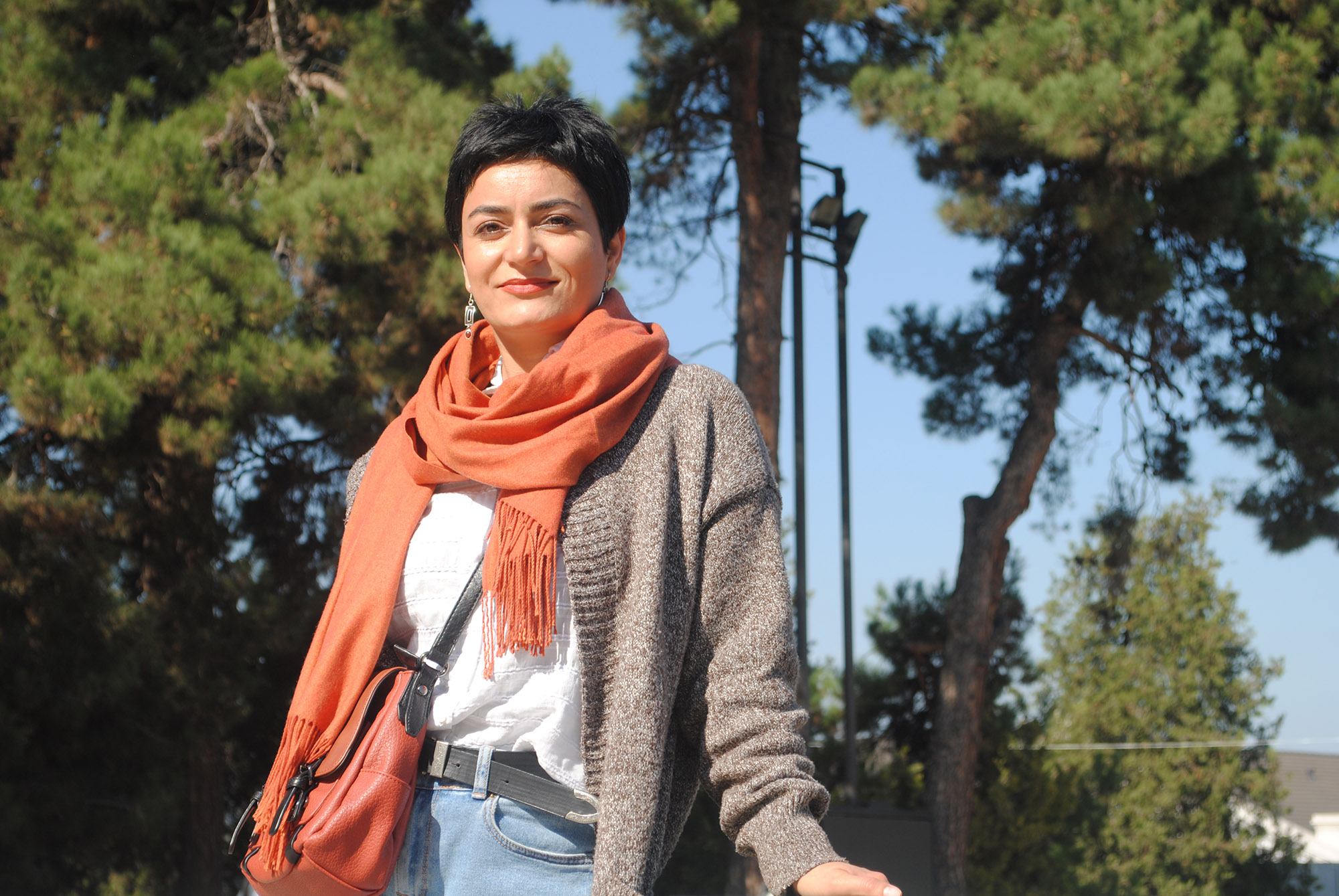
Hayriyan works as a manager at the Harmmatner (Roots) youth centre in Stepanakert. She says she decided to run for office last year.
‘I wanted to be in a government body that can influence decision-making in the capital and whose word is decisive.’
Hayriyan says that there is a perception in Nagorno-Karabakh that women have no place in politics. Though she chalks up her own failure to win not as much to her gender, but rather to her outspoken criticism of Stepanakert’s local authorities.
‘Members of the Council of Elders are people who are already well-established in the system and have significant leverage’, she said. ‘People elect men they know they can approach to solve their problems.’
‘This is the choice of the citizens’, Eduard Aghabekyan, an MP in Nagorno-Karabakh’s parliament, the National Assembly, and the previous mayor of Stepanakert, told OC Media. ‘In order for the women’s voices to be heard, at least at this stage, the government should impose a quota for female representation in the Councils of Elders, as is done in the National Assembly.’
Party lists for elections to the Nagorno-Karabakh National Assembly must include a minimum of 20% of female candidates for election. From 2020, the minimum proportion of women candidates will rise to 25%.
‘To stand out against men’
Despite the lack of women in high-ranking government positions, women make up the majority of the civil service in Nagorno-Karabakh.
Anush Gavalyan, an aide to the speaker of the National Assembly, told OC Media that while only three of 12 chiefs of staff to government ministers are women, on average 60% of ministry workers are.
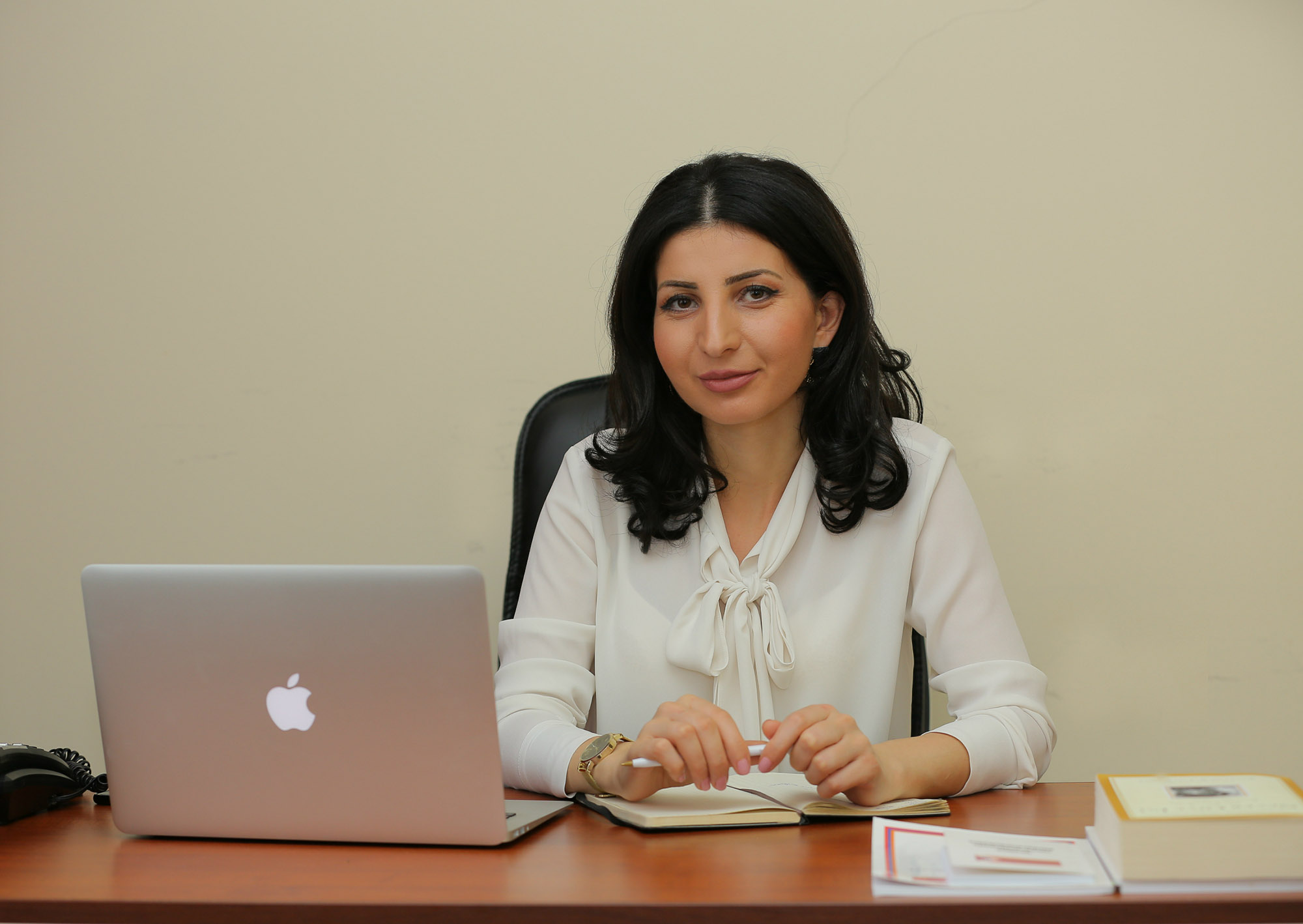
According to Gavalyan, few women make it beyond the middle ranks of government.
‘The path of young women in politics in Artsakh [Nagorno-Karabakh] is not easy.’
She says women in politics face demeaning comments and gossip while working harder than their male colleagues. ‘Women must stand out from men in order to qualify for a position for which a man needs less effort’, she says.
According to Gavalyan, changing the status quo will require more women to become involved in politics.
‘Women do not elect women’
Siranush Sarkisyan, who also ran for the Stepanakert Council of Elders this year, works as an expert at the Parliamentary Commission on Science, Education, Culture, Youth, and Sports. She tells OC Media that members of foreign delegations often ask why there are so few women in Nagorno-Karabakh’s politics.
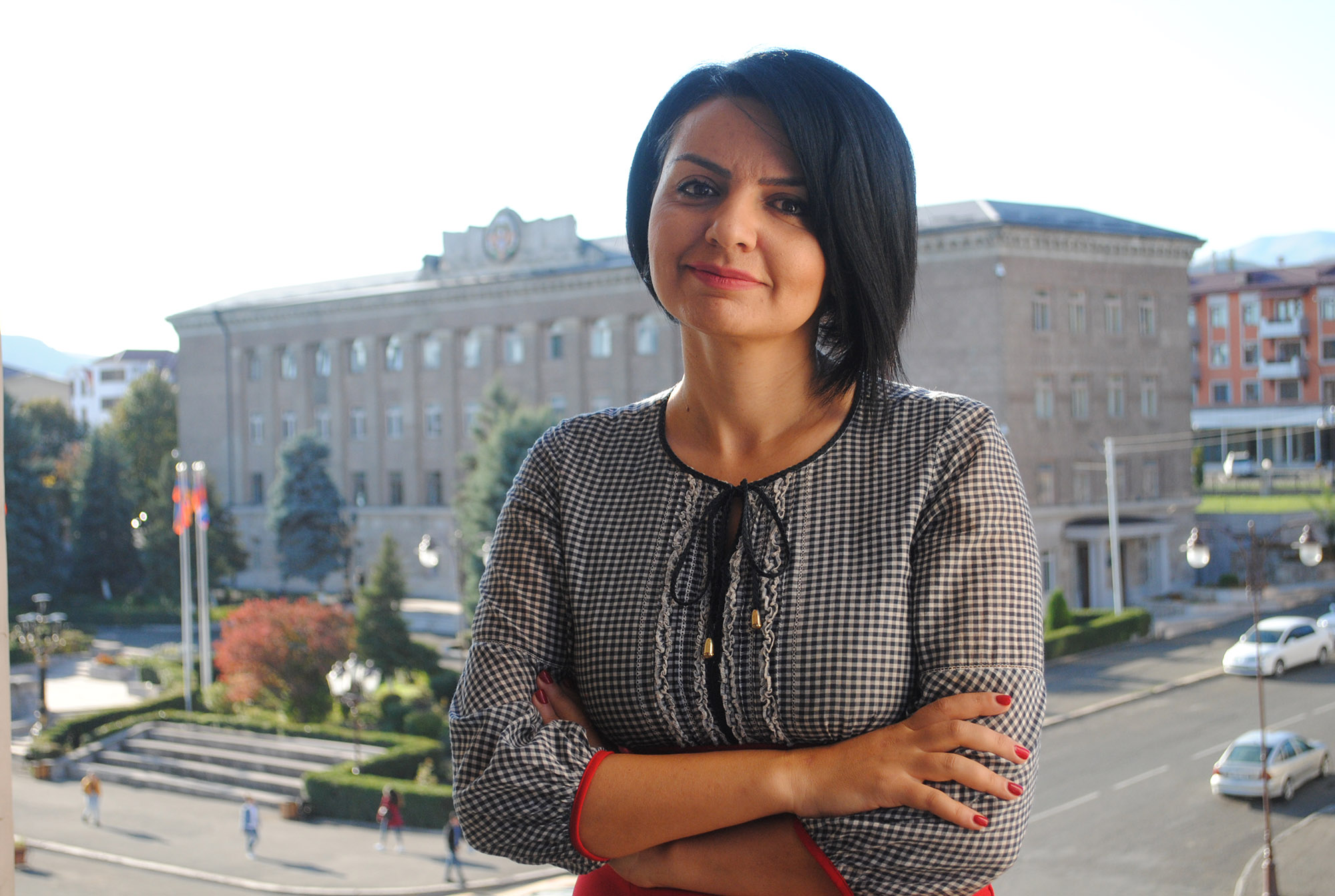
Sarkisyan said that she has observed the activities of Stepanakert City Hall and Council of Elders for many years. She says the proceedings of the Stepanakert government have long been opaque and its members unaccountable.
When confronted with problems, Sarkisyan often attempted to contact members of the Council of Elders, mostly unsuccessfully. In the end, she decided to run for the September election herself on a platform of improving the council’s transparency.
Sarkisyan believes that her gender did not affect the result of this year’s vote and her failure to win the election.
‘I don’t think that the voters didn’t want to see women in the Council of Elders as such’, she says. ‘If 10 women had run [instead of the five who did], one or two would surely have been elected.’
Sarkisyan says that most voters would not accept a woman as mayor — but would be happy with women on the Council of Elders. She believes society sets unattainable standards for women.
‘Most voters are women, and it was they who did not choose their own kind. Women do not have confidence in women.’
‘It is important to know your business’
Susanna Aghababyan, the head of the Arajamugh Community in southern Nagorno-Karabakh’s Hadrut Province, was re-elected for a third term in September. For her first two victories, Aghababyan beat male rivals; this time, she ran unopposed.
Aghababyan told OC Media that her two sons and their families live with her in the same house. She says that her sons always supported her nomination and helped in everything.
She says that the government is particularly sensitive to the views of women, and voters do not distinguish between male and female candidates. ‘It’s important to know [what you are doing and be competent]’, she said.
‘I would like more women [to be in politics]. Men have a tendency to do what women tell them to,’ says Aghababyan.
Artur Amiyan, a member of the Council of Elders of Stepanakert, told OC Media that he believes women should have been more active in their campaigning if they wished to be elected. He says that he would like to see women in the Council of Elders.
‘There are no obstacles for women to be involved in politics. Unfortunately, this time, voters did not choose them,’ he said.
Amiyan also mentioned an increase in the number of female candidates by 1 person compared to the previous elections, which he said was progress.
For ease of reading, we choose not to use qualifiers such as ‘de facto’, ‘unrecognised’, or ‘partially recognised’ when discussing institutions or political positions within Abkhazia, Nagorno-Karabakh, and South Ossetia. This does not imply a position on their status.



